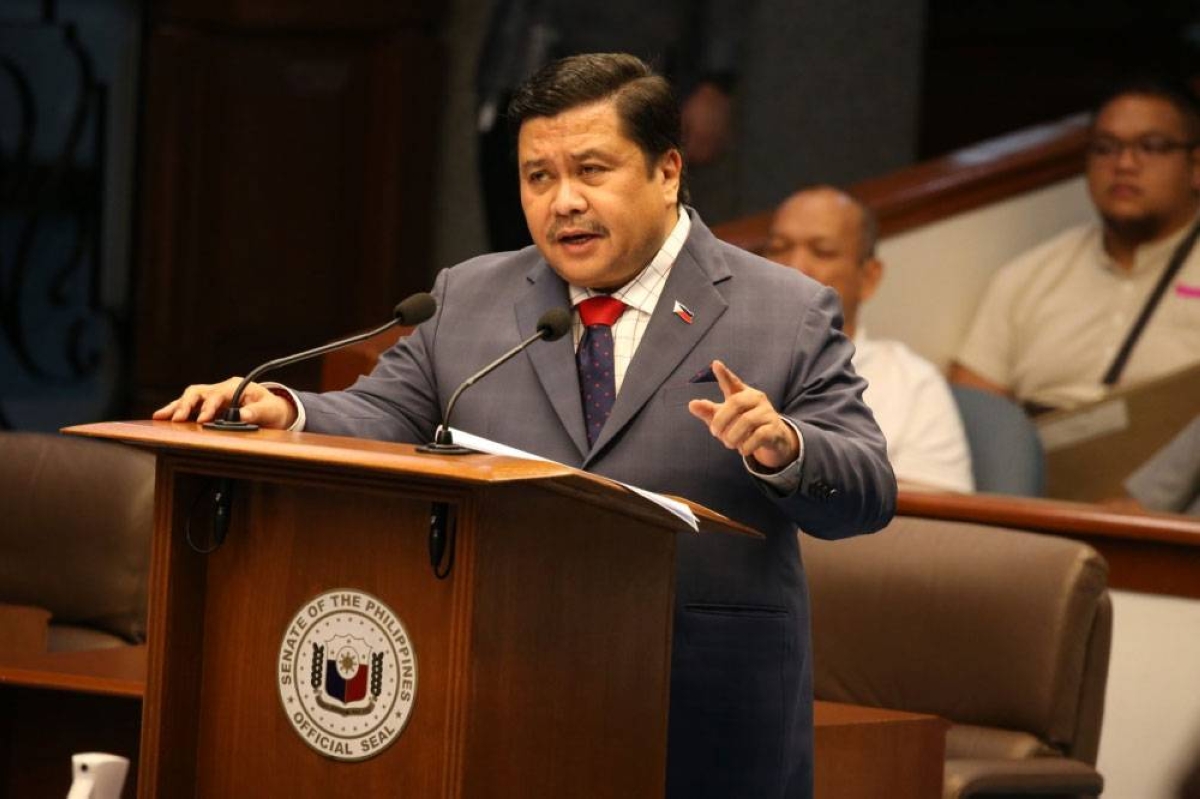SEN. Jose “Jinggoy” Estrada has recently introduced Senate Bill (SB) 2484, a significant legislative proposal aimed at optimizing the utilization of forest resources in the country. The bill seeks to support sustainable development by ensuring equitable access and benefits for all stakeholders involved. In doing so, it recognizes the crucial role that forests play in the lives of many Filipinos, particularly those residing in rural areas.
For numerous individuals in rural communities, forests serve as their primary source of income and subsistence. It is where they gather forest products, engage in sustainable livelihood practices, and find economic opportunities. However, with the increasing population and the consequential strains on the environment, forest management becomes even more integral. By effectively managing our forests, we can navigate the challenges brought about by climate change and its impacts on our nation.
According to data from the Forest Management Bureau of the Department of Environment and Natural Resources (DENR), the Philippines had 17 million hectares of forest land in 1976. However, over the years, this area has dwindled to 15.8 million hectares in 2021. This decline in forest cover has significant implications for the environment, biodiversity, and the livelihoods of those dependent on forest resources.
To emphasize the urgency of the issue, Sen. Estrada cites a case study conducted by the Asian Development Bank (ADB) on the cost of natural disasters in the Philippines from 2000 to 2016. The study reveals that the socioeconomic damage caused by these disasters amounts to a staggering $20 billion, with an average annual damage of $1.2 billion. This highlights the vulnerability of the country to natural calamities and the need for proactive measures to mitigate their impact.
Furthermore, the ADB study also indicates that households affected by typhoons are more likely to experience a decline in income levels. This demonstrates the direct link between environmental degradation, such as the loss of forest cover, and the socioeconomic well-being of communities. By safeguarding our forests, we can protect the livelihoods of those who rely on them and reduce the vulnerability of these communities to natural disasters.
In addition to the ADB study, a case study conducted by the World Bank emphasizes the importance of forest cover in ensuring water resources for agriculture. The study reveals that higher forest cover leads to higher water yields, particularly during the driest months of the year. This is of utmost significance for communities that depend on water resources for their agricultural practices and overall subsistence. By preserving and managing our forests, we can secure the availability of water for these communities, contributing to their long-term sustainability.
Sen. Estrada’s bill is a crucial step towards optimizing the utilization of forest resources in the Philippines. By providing equitable access and benefits to stakeholders, it aims to foster sustainable development while addressing the challenges posed by climate change and population growth. Recognizing the value of forests in supporting livelihoods, mitigating natural disasters, and ensuring water resources, this bill serves as a testament to the government’s commitment to environmental stewardship.
In conclusion, the optimization of forest resource utilization is essential for achieving sustainable development in the Philippines. Sen. Estrada’s bill highlights the significance of forests in the lives of many Filipinos and the urgent need to protect and manage these valuable resources. By enacting this legislation, the government can take a proactive stance towards equitable access, environmental solutions, and the long-term well-being of communities dependent on forests.







